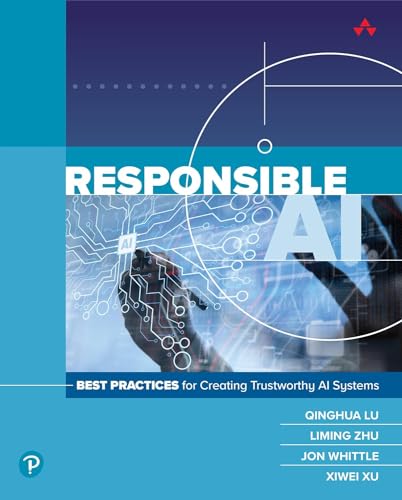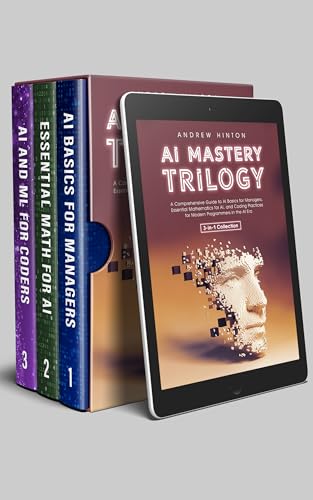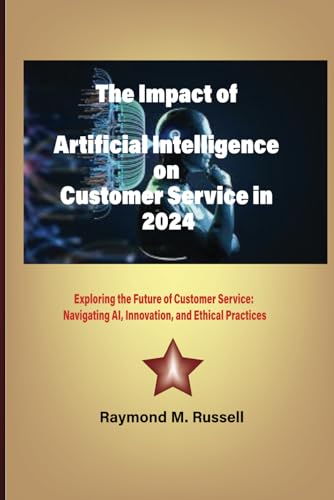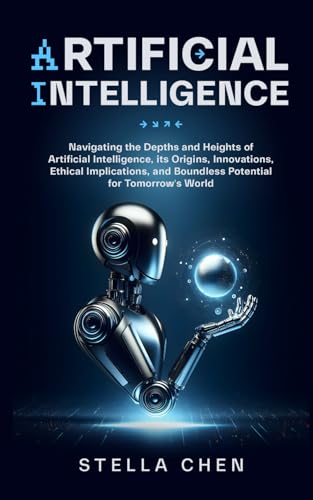The rapid integration of artificial intelligence into educational environments has sparked an essential conversation about the ethical implications of these technologies. "Ethics of AI in Education Explained" provides a comprehensive exploration of the crucial balance between innovation and responsibility. By delving into the principles of fairness, transparency, and accountability, this book offers educators, policymakers, and technologists the necessary guidelines to navigate the complexities of AI implementation in the classroom. Readers will discover real-world case studies and practical frameworks that demonstrate how to harness AI effectively while mitigating potential biases and ensuring equitable access for all learners.
This enlightening read not only highlights the challenges posed by AI in education but also presents solutions and best practices for fostering a positive learning environment. By understanding the implications of data privacy, the potential for reinforcing stereotypes, and the importance of inclusivity, educators can make informed decisions that prioritize student well-being while embracing technological advancements. "Ethics of AI in Education Explained" is a must-have resource for anyone interested in shaping the future of education responsibly, equipping them with the knowledge and insights necessary to lead in an increasingly digital world.






